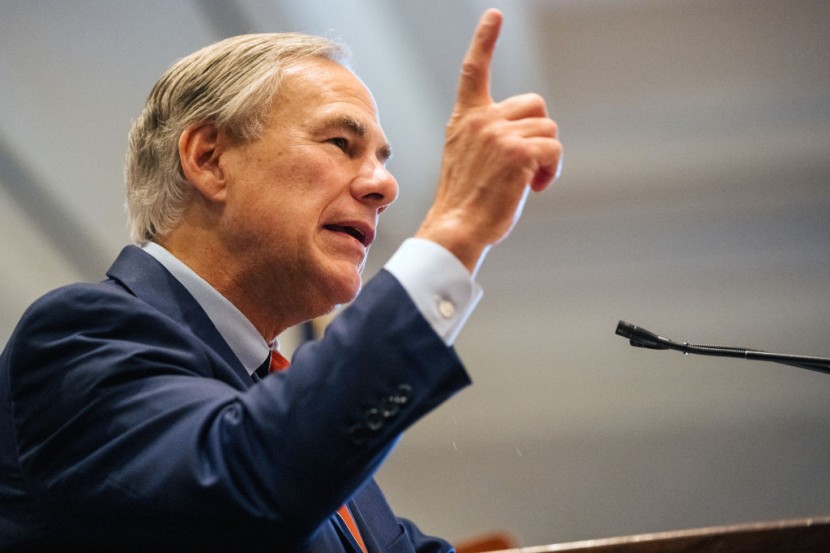
On Wednesday, a Texas district court judge ruled against a new state law dubbed the "Death Star" bill as it seeks to prevent cities from making local rules on a broad range of subjects.
The judge said the proposed law was unconstitutional, a decision that sided with the leaders of Houston, San Antonio, and other Texas cities who had legally challenged the bill. House Bill 2127 was set to take effect on Friday, and its passage this year was among the most aggressive steps of the state against Democrat-led cities.
Texas "Death Star" Bill
The law would have prevented cities from enacting ordinances that affect labor, agriculture, and natural resources. Additionally, the bill was expected to void existing laws on everything from sanitation rules to the regulation of puppy mills.
The nickname "Death Star" was given to the bill by its Democratic opponents due to its sweeping impact on the powers of cities that would prevent them from properly regulating themselves, as per the New York Times.
The law gained national attention after it was passed because it would have removed ordinances in Austin and Dallas that required periodic rest breaks for construction workers. This change was adopted as the state was experiencing a series of searing heat waves.
On Wednesday, Mayor Sylvester Turner of Houston said in a news conference that the judge's ruling on the law was a "tremendous victory" for the people of her city and several others around Texas.
Various business groups, including the National Federation of Independent Business, Republican lawmakers, and Texas Gov. Greg Abbott, supported the bill. They dubbed it the Regulatory Consistency Act, which was meant to streamline regulations and prevent companies from complying with various regulations in different parts of the state.
Judge Rules Law is Unconstitutional
District Judge Maya Guerra Gamble ruled in favor of the cities suing the law as they argued that state legislators deliberately used vague wording when writing the bill. In her final judgment, the judge said that House Bill 2127 was unenforceable, facially, according to KXAN.
The bill's author, Rep. Dustin Burrows, said on social media that Judge Gamble's ruling is "not worth the paper it's printed on." He added that the Texas Supreme Court will ultimately pass the law and consider it valid.
Burrows noted that the latest ruling has no legal effect or precedent and should not deter Texas residents from availing themselves of their rights when House Bill 2127 becomes law on Sept. 1. The Republican lawmaker added that he now had a better understanding of why the business community was asking for the creation of specialized business courts.
The bill's author and its other supporters have argued that the proposal would ensure consistency for businesses in achieving their full economic growth. This is done by preventing confusion related to varying local ordinances across Texas.
In a social media post on X, formerly known as Twitter, Abbott said that small businesses in Texas are the backbone of the economy. He argued that burdensome regulations only serve as an obstacle to their success, said the Texas Tribune.
Related Article: Mitch McConnell Freezes for 30 Seconds While Speaking to Reporters
© 2025 HNGN, All rights reserved. Do not reproduce without permission.







